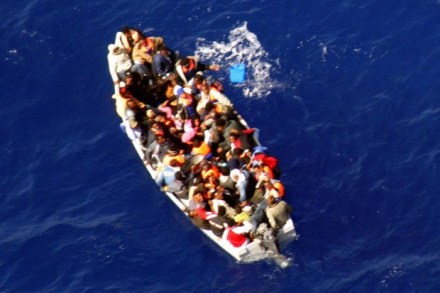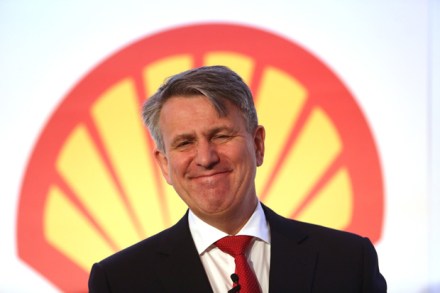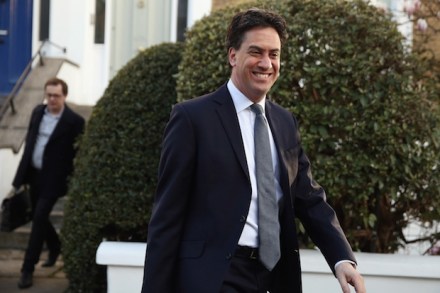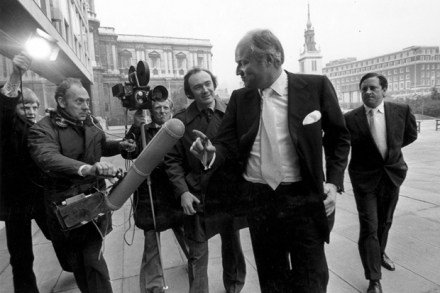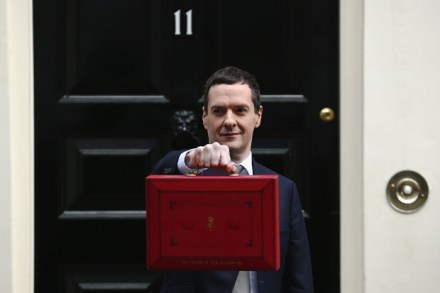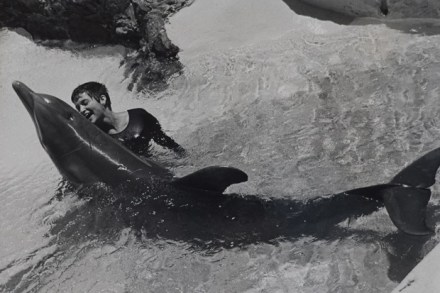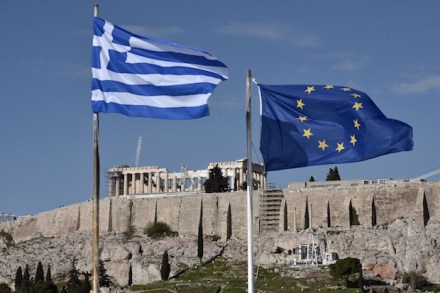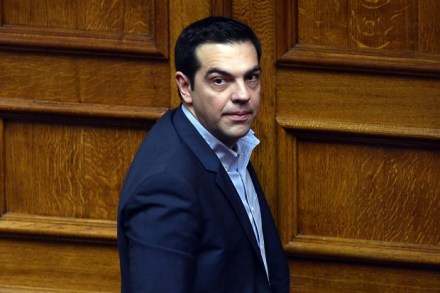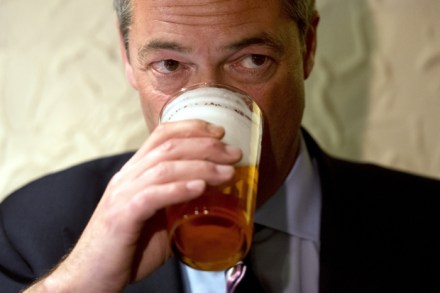Don’t get angry at Katie Hopkins if you don’t support policies that could save migrants
The latest issue of The Spectator carries an interesting piece by James Bartholomew on ‘virtue signalling’, the bane of social media and political debate; that is, people expressing how ruddy good they are by telling the world how much they hate bad things like Ukip and the Daily Mail. He writes: ‘It’s noticeable how often virtue signalling consists of saying you hate things. It is camouflage. The emphasis on hate distracts from the fact you are really saying how good you are. If you were frank and said, ‘I care about the environment more than most people do’ or ‘I care about the poor more than others’, your vanity and self-aggrandisement


